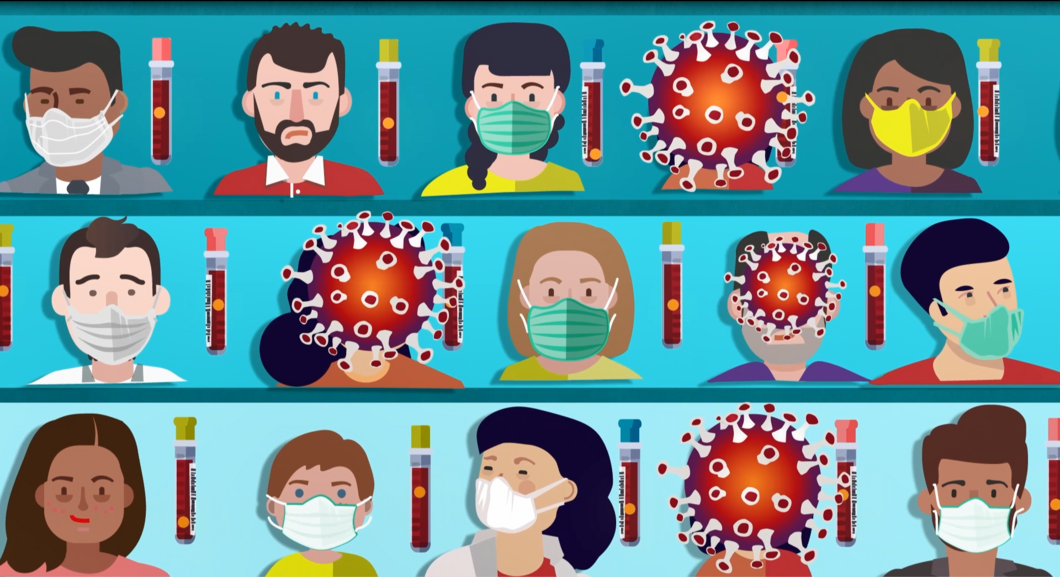LS RIs Respond to COVID-19
To support the global effort to tackle the coronavirus pandemic, Life Sciences Research Infrastructures (LS RIs) are prioritising COVID-19 research, as detailed in the actions below. The benefits of using established Research Infrastructures are clear: they are ready and able to provide expert advice and resources to meet a variety of research needs. Although in-person visits to facilities may be restricted, many infrastructure services are still available via remote access and, where possible, the cost of access will be minimised or waived.
This video presents how 9 of the European Life Science Research Infrastructures can be used to advance research on coronavirus and other diseases.
Additional COVID-19 initiatives from the life science community
The following are more initiatives in the fight against COVID-19 within the life science community. To add your initiative, please contact us.
Research Infrastructures and COVID-19 Research
A long list of instruments, laboratories, services and resources available.
European Research Infrastructure Consortium (ERIC-Forum) initiatives
Within the ERIC landscape, several ERICs have set up or are currently planning various initiatives in response to the coronavirus outbreak.
 European Life Science Research Infrastructures
European Life Science Research Infrastructures
